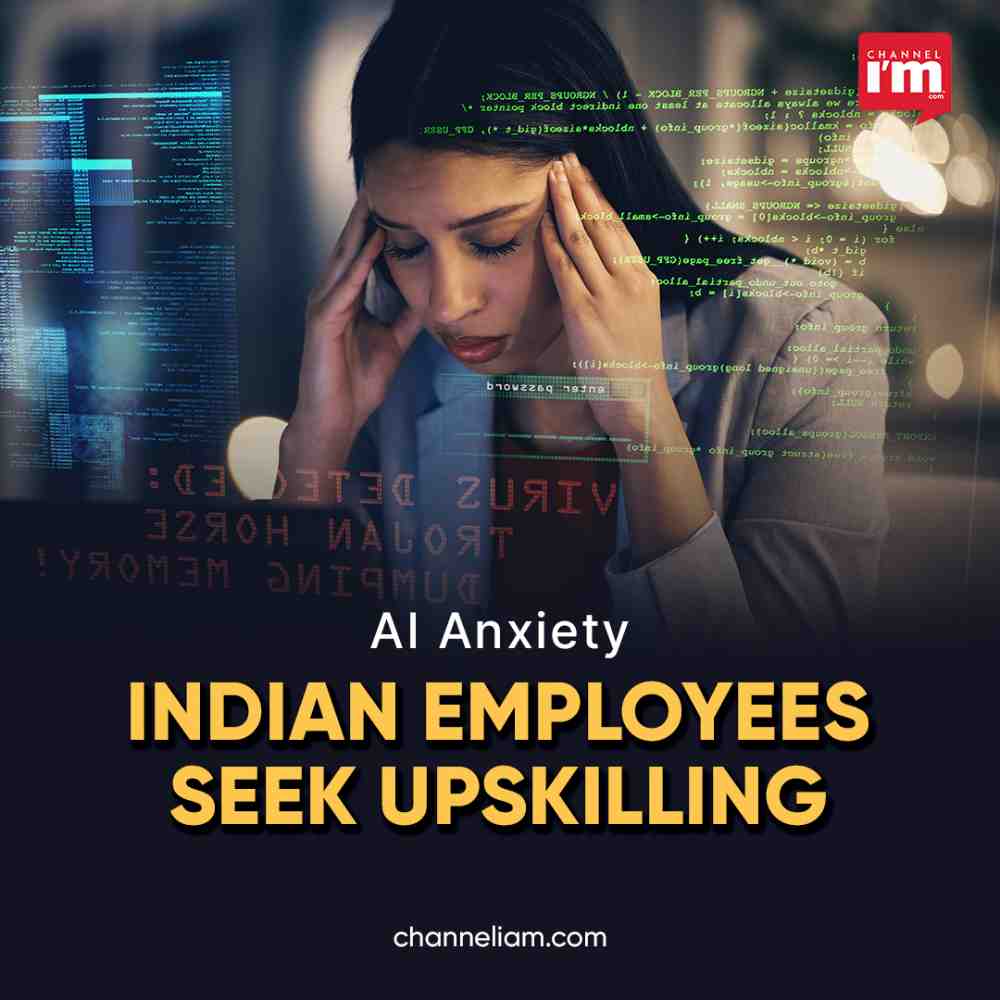
A recent study has unveiled a growing apprehension among Indian employees regarding the impact of artificial intelligence (AI) on their job security. Unlike their counterparts in the US, UK, and Germany, a significant number of Indian workers are expressing deep concerns about the role of AI in the workplace. The study, conducted as part of the Randstad work monitor quarterly pulse survey, brings these concerns to light. Let’s delve into the details of this emerging trend and the factors that amplify these anxieties.

Factors Amplifying Concerns: BPO/KPO Workforce and Rapid AI Adoption
One of the primary reasons for the increased concern among Indian employees is the substantial presence of the Business Process Outsourcing (BPO) and Knowledge Process Outsourcing (KPO) workforce in the country. Employees in these sectors engage in various operational tasks that are particularly vulnerable to AI automation. Additionally, India has been witnessing a rapid rate of AI adoption, which is among the fastest in the world. Viswanath P.S., Managing Director and Chief Executive at Randstad India, points out, “These employees must be thinking about future-proofing their careers through continuous learning, as they prepare for potentially unexpected AI interventions.”

Embracing Upskilling: Necessity in the Age of AI
The Q3 2023 Randstad work monitor edition focuses on employees’ skilling demands and the impact of AI. It involved 1606 respondents from across India, revealing that seven in 10 respondents believe that AI will have a significant impact on their industries and job roles. A similar number of respondents acknowledged the importance of upskilling, as they foresee a growing need for tech-related skills over the next five years. Notably, the majority of the respondents reported using AI in their current job roles, and only a small percentage received AI training in the last year.

In terms of skill development, artificial intelligence remains the most sought-after area for growth, according to 30% of respondents, followed by IT and technological literacy (28%), and management and leadership skills (27%). Additionally, the study shed light on the significance of learning and development opportunities provided by employers. Half of the respondents expressed their willingness to leave their jobs if such opportunities were not offered within the next 12 months.
As AI continues to reshape the employment landscape, Indian employees, particularly those in the BPO and KPO sectors, are expressing mounting concerns about their job security. The rapid adoption of AI technology in the country, combined with the vulnerabilities of certain industries, is driving these anxieties. To address these concerns and future-proof their careers, employees are embracing upskilling as a necessity in the age of AI. The study emphasises the importance of employers providing learning and development opportunities to retain talent in this evolving job market.
